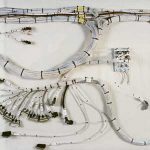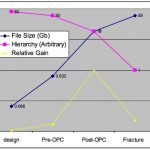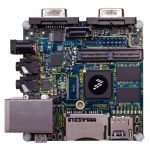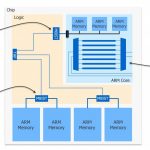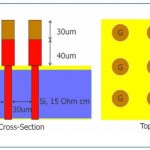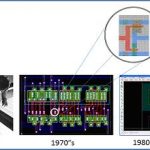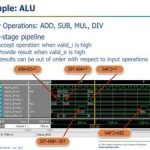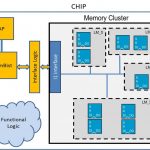You are currently viewing SemiWiki as a guest which gives you limited access to the site. To view blog comments and experience other SemiWiki features you must be a registered member. Registration is fast, simple, and absolutely free so please,
join our community today!
WP_Term Object
(
[term_id] => 159
[name] => Siemens EDA
[slug] => siemens-eda
[term_group] => 0
[term_taxonomy_id] => 159
[taxonomy] => category
[description] =>
[parent] => 157
[count] => 818
[filter] => raw
[cat_ID] => 159
[category_count] => 818
[category_description] =>
[cat_name] => Siemens EDA
[category_nicename] => siemens-eda
[category_parent] => 157
[is_post] =>
)

WP_Term Object
(
[term_id] => 159
[name] => Siemens EDA
[slug] => siemens-eda
[term_group] => 0
[term_taxonomy_id] => 159
[taxonomy] => category
[description] =>
[parent] => 157
[count] => 818
[filter] => raw
[cat_ID] => 159
[category_count] => 818
[category_description] =>
[cat_name] => Siemens EDA
[category_nicename] => siemens-eda
[category_parent] => 157
[is_post] =>
)
In 2003 Mentor acquired a company doing wiring harness design. Being a semiconductor guy this wasn’t an area I’d had much to do with. But more than most semiconductor people I expect.
But back when I was an undergraduate, I had worked as a programmer for a subsidiary of Philips called Unicam that made a huge range of spectrometers… Read More
OASIS is a hierarchical IC file format used for IC designs that is gradually replacing GDS II throughout the mask data stages. The compelling reason for using OASIS has always been the reduction of file size, and speed up of processing times through the use of hierarchy and fewer translation steps.
At the 45nm node an actual M1 layer… Read More
A Brief History of Mentor Graphicsby Beth Martin on 08-20-2012 at 11:00 pmCategories: EDA, Siemens EDA
In 1981, Pac-Man was sweeping the nation, the first space shuttle launched, and a small group of engineers in Oregon started not only a new company (Mentor Graphics), but an entirely new industry, electronic design automation (EDA).
Mentor founders Tom Bruggere, Gerry Langeler, and Dave Moffenbeier left Tektronix with a great… Read More
There was a day, not too long ago, when a software developer could be intimate with a processor through understanding its register set. Before coding, developers would reach for a manual, digging through pages and pages of 1s and 0s with defined functions to find how to gain control over the processor and its capability. One bit set… Read More
At SemiWiki we’ve blogged before about 3D field solvers and the different approaches that trade off accuracy, speed and capacity:… Read More
Benjamin Franklin, “I didn’t fail the test, I just found 100 ways to do it wrong.” I was reminded of this line during a joint Mentor-ARM seminar yesterday about testing ARM cores and memories. The complexity of testing modern SoC designs at advanced nodes, with multiple integrated ARM cores and other IP, opens up plenty of room for… Read More
The press has been buzzing about 3D everything for the past few years, so when it comes to IC design it’s a fair question to ask how would you actually extract 3D IC structures for use by analysis tools like a circuit simulator. I read a white paper by Christen Decoin and Vassilis Kourkoulos of Mentor Graphics this week and became… Read More
Have you seen the latest design rule manuals? At 28nm and 20nm design sign-off is no longer just DRC and LVS. These basic components of physical verification are being augmented by an expansive set of yield analysis and critical feature identification capabilities, as well as layout enhancements, printability, and performance… Read More
If verification is the art of determining that your design works correctly under all specified conditions, then it is imperative that we are able to create an environment that can tell you if this is truly the case.
Scoreboards are verification components that determine that the DUT is working correctly, including ensuring that… Read More
If you are involved in testing memory or logic of ARM-based designs, you’ll want to attend this free seminar on July 17, 2012 in Santa Clara. Mentor Graphics and ARM have a long standing partnership, and have optimized the Mentor test products (a.k.a Tessent) for the ARM processors and memory IP.
The lunch seminar runs from 10:30-1:00… Read More


